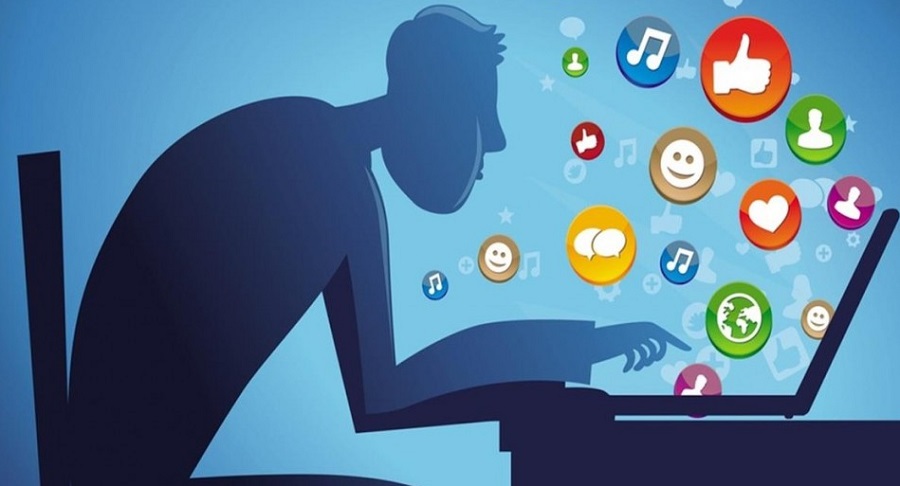
How do you know if you’re addicted to social media. Should we treat it?
There is a proposal in parliament in the UK to classify social networking addiction as a mental illness. Modern psychologists are actively discussing the idea and explain why abandoning smartphones and using social networks is not the best way to solve the problem.
Social media addiction has become more and more talked about. For example, Prince Harry, in an account he co-hosts with his wife, stated that social media can become more dangerous than alcohol, drugs and other bad habits.
Many high-ranking officials, actors and TV presenters have already abandoned them on the pretext that social networks pose a health risk to the person who uses them.
The real world is not like the internet
For sure everyone has a few acquaintances who have no control over their use of social media and probably do it automatically.
Many people may even have a problem when they are sitting in a restaurant, park or other place and their friends open an application and start leafing through their feeds. It is possible that this happens during an interesting or important conversation. Unfortunately, girls and guys alike have this habit.
Most young people admit that the modern person is now inextricably linked to social networks. Almost everyone goes there unconsciously, out of habit.
It is foolish to think that as an active user of one of the social networks, you won’t have a similar addiction. Everyone who checks their pages, posts photos or carries out correspondence on a daily basis has a similar addiction.

The main signs of social networking addiction
More and more people today, aware of the problem, remove mobile applications of social networks from their computers, tablets, smartphones, leaving, as a rule, only messengers.
Nowadays, modern psychologists and psychotherapists do not have the concept of “Social Media Addiction”, but rather “Problematic Social Media Use”, characterised by excessive fascination that negatively affects a person’s mental health.
Symptoms of problematic social media use include:
- The predominance of virtual communication over real communication, with social media being the person’s preferred mode of communication
- Solving most problems through social networks because of the impossibility of solving them in person
- Having problems in a professional area or in a relationship with others because of the time spent on social networks
- Feeling stressed, anxious, when for one reason or another, there is no connection to the network
- Lying about their time on social networks
- Attempts to stop using the social networking service are unsuccessful.
If you have noticed at least half of the above symptoms, you probably have a social networking problem.
How to treat it?
The most effective and common method is to set limits on the use of social networks.
Since the early 2000s, people have used special programs to combat Internet addiction, which turned off the Internet at certain times. In addition, they made a list of things they could do instead of the time they spent on the Internet.
Nowadays, all phones have a function that allows you to restrict access to specific applications. Plus, it helps keep track of your activity in apps, games or other programmes.
Should this be considered a disease?
Browsing social media feeds in itself has no obvious physical consequences, but like other bad habits such as smoking, alcoholism or drug addiction, it can be detrimental to a person’s mental health.
At this stage, psychologists believe there is no need to classify the problem of social networking use as a mental illness. In addition, the treatment of social media addiction does not require the use of pills or other drugs.
